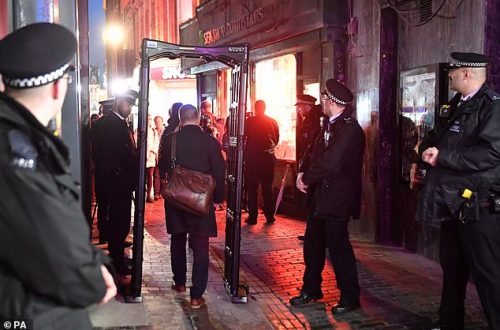One persuasive reason – for me at least – against states implementing the death penalty is the fact that lawyers don’t always get it right. In countries where the ultimate criminal sanction exists the possibility of miscarriages of justice on the day of the trial must weigh heavy if the defence overlooks important evidence or are simply not as compelling in their presentation to the judge as the prosecution.
If the defendant is accused of a particularly loathsome crime the pressure to bring about a guilty verdict can be strong even in relatively unbiased legal systems.
I’m pleased that these people as well as these (among others) weren’t sent to the noose in the atmosphere of hysteria against Irish people in the 1970’s. It is entirely appropriate that the Prime Minister apologised to the victims. Years of their lives were wasted in jail.
If the Iranian judiciary later find out they got it wrong in this case their apology might be rather less comfort to anyone.
Mohammad Bijeh, 24, dubbed “the Tehran desert vampire” by Iran’s press, was flogged 100 times before being hanged.
A brother of one of his young victims stabbed him as he was being punished. The mother of another victim was asked to put the noose around his neck.
The execution took place in Pakdasht south of Tehran, near where Bijeh’s year-long killing spree took place.
The killer was hoisted about 10 metres into the air by a crane and slowly throttled to death in front of the baying crowd.
Hanging by a crane – a common form of execution in Iran – does not involve a swift death as the condemned prisoner’s neck is not broken.
Harry adds: This well-known blogging US academic finds much to delight him in the Iranian style of execution.

